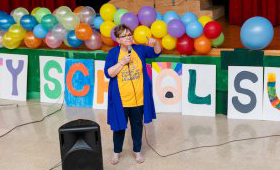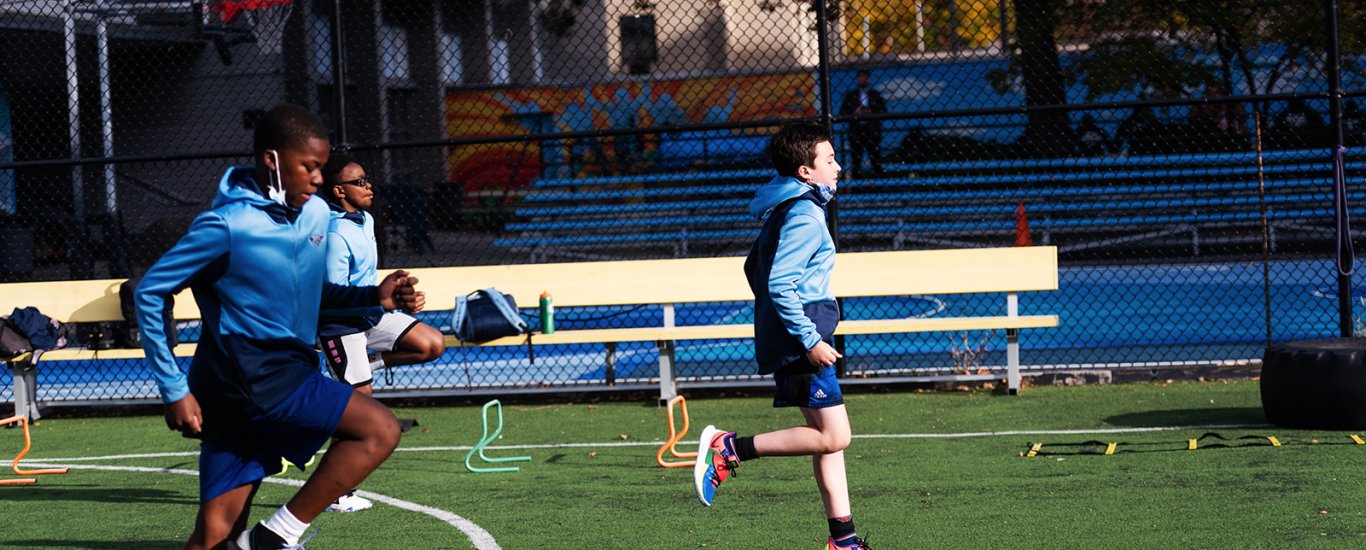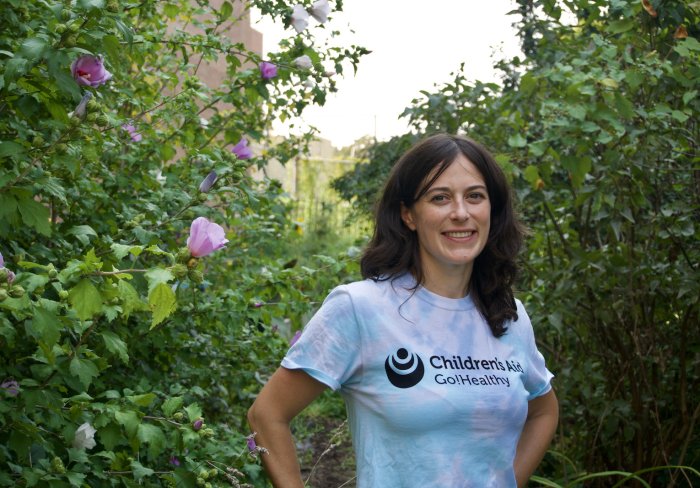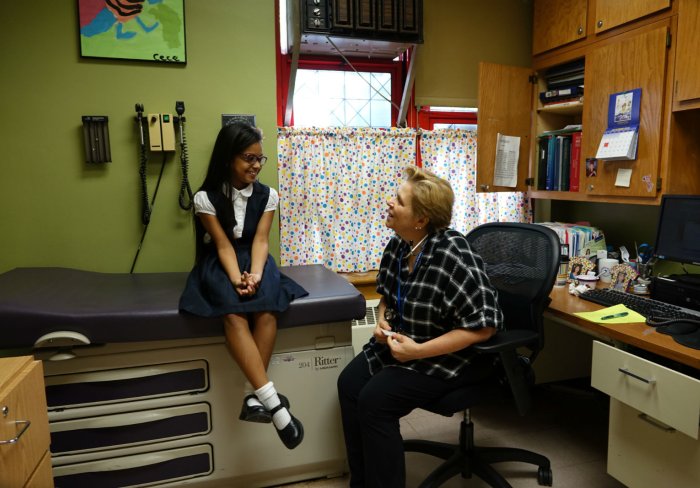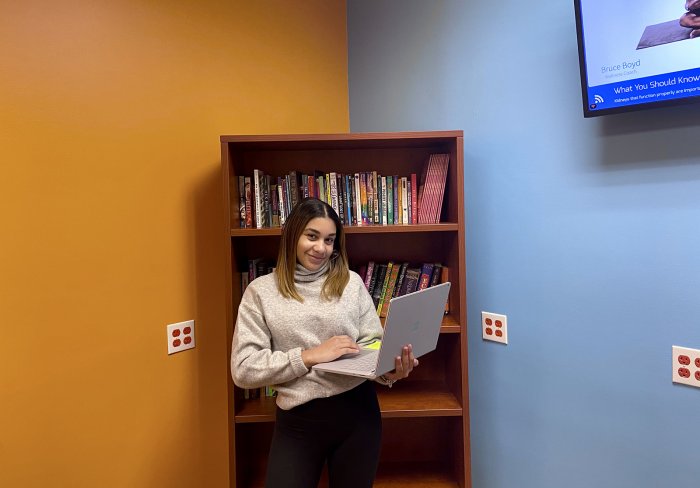When people think of after-school programs, they too often imagine boring spaces that provide little more than babysitting for some children. But that could not be further from the truth.
Our mission at Children’s Aid is to provide a holistic suite of supports for each one of our children and families. We know that a child’s success in the classroom isn’t determined entirely by their intelligence or work ethic. It also has to do with their lived environment, their physical and mental health, and their access to essential services.
After-school programs are the perfect embodiment of our mission. These programs benefit the children who attend them, their parents, and their communities.
Research has consistently shown that students who attend after-school programs improve their reading and math grades. Students who attend enriching programs for more than two years have been shown to increase their math test scores by up to 20 percentiles.
But our after-school programs aren’t only about academics. We also provide our young people with nourishing snacks or meals, and we offer activities that go well beyond classroom learning, including team sports like basketball and soccer and individual skill sports like dance and swimming.
Through team sports, collaborative art projects, or group discussions, children develop a sense of belonging and learn to navigate complex social dynamics. These experiences are invaluable, as they equip children with the emotional intelligence needed to succeed in both school and life.
The diversity and quality of the activities offered make our programs places where children look forward to going after their day in school is done.
Imagine a child passionate about science, experimenting with chemical reactions, or a budding artist perfecting their brushstrokes. After-school programs provide the resources and mentors necessary for these passions to flourish. This extended learning time not only enriches their academic skills but also ignites a lifelong love for learning.
For working families, after-school programming is essential. In an expensive city like New York, and with recent rapid inflation, many families need both parents to be in the workforce to make ends meet. And since most jobs extend past the end of the school day, after-school programs allow for parents to focus on work while secure in the knowledge that their child is in a safe and enriching environment.
And the importance of these programs extends beyond just the child and their family. Children who attend after-school programming have been shown to increase their number of days in school each year. In many cases, they want to go to school because they want to go to their after-school programs.
Research has also shown that students who participate in after-school programs have fewer behavioral problems, improved social and communication skills, and better relationships with peers and teachers. This reduction in behavioral problems also leads to a reduction in suspensions.
Taken together, these two benefits of after-school programs – decreased school absenteeism and decreased behavioral problems – lead to safer and healthier communities.
New York City is known for its diversity, but disparities in educational opportunities still persist. After-school programs have the power to level the playing field. They provide children with access to resources and experiences that may otherwise be out of reach. They are instrumental in breaking down the barriers that can limit a child's potential.

